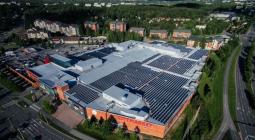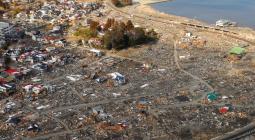New thinking needed for solar, incoming solarcity CEO says.
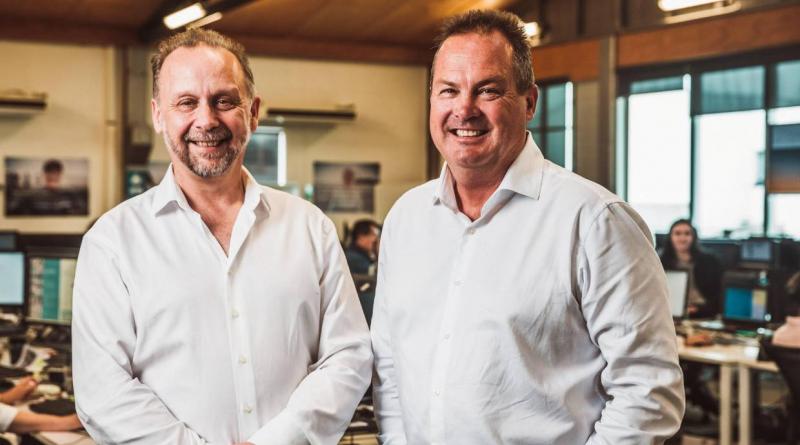
Neil Cowie is not "evangelistic" about the environment, but says the dialogue around solar energy in New Zealand needs to change.
The former Mitre 10 chief executive has been appointed as the new CEO of the country's leading solar energy provider, solarcity, first started in Nelson more than 30 years ago.
"There is still this view that solar is expensive ... solar's always been seen as a product for your eco-warrior that's not really worried about the return," Cowie said.
"It's not that at all."
Cowie replaces solarcity founder, Andrew Booth, a former international board director of Greenpeace, who now becomes executive director.
As head of NZ's biggest hardware chain for six years until earlier this year, Cowie oversaw growth of more than $600 million; a 50 per cent rise in annual sales.
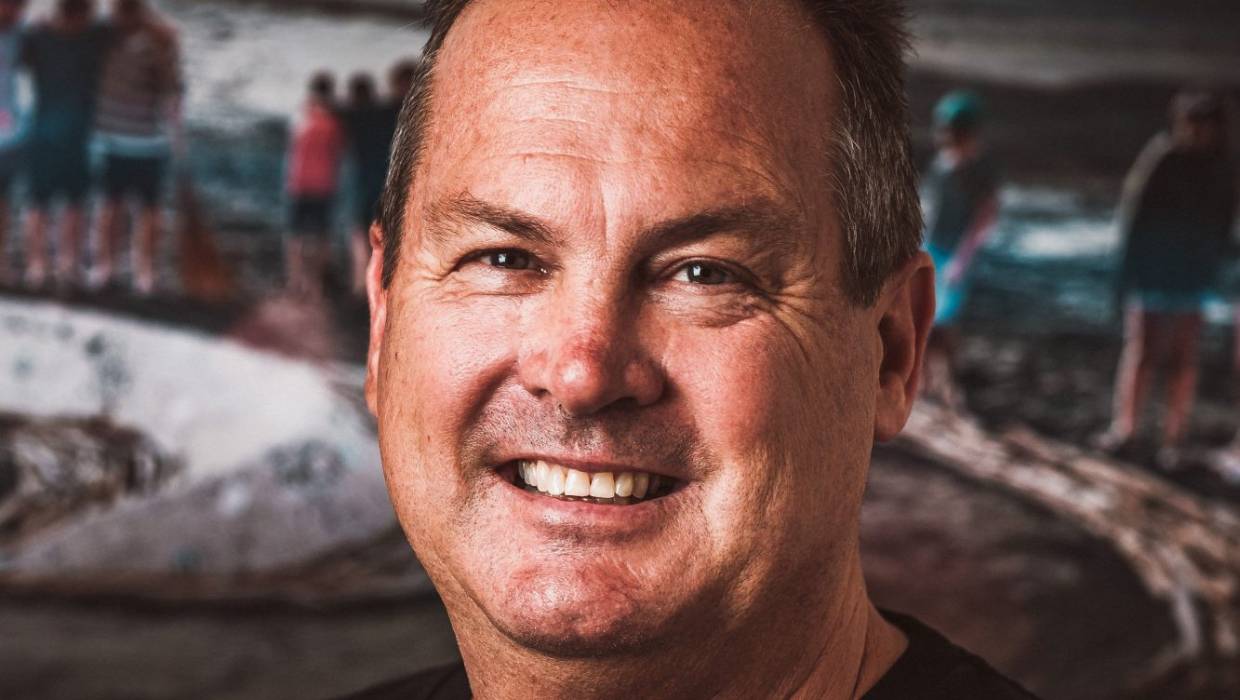
He held CEO and executive positions at big brands before that, including the Warehouse Group and Pumpkin Patch, and sits on the board of Cooperative Business NZ.
Switching from a "relatively mature business" to an innovative start-up, heralded a "new challenge", Cowie said.
But solarcity was also consumer-centric, and its solarZero scheme well-placed to grow exponentially, he said.
"There is an endless group of people that want to take it up, because ultimately it is around cost savings."
Many of solarcity's more than 3500 customers had signed up to the nationwide scheme, launched in 2016 as New Zealand's first solar energy subscription model, which aimed to fit out around 5000 homes over two years.
The scheme allowed homeowners to have solar panels installed for free, if they then bought the energy the panels produced.
A smart battery included in the deal in 2018, was a "gamechanger" that made the offer a lot more viable, Cowie said.
"It allows you to buy power off the grid ... allows you to store the energy and you can use the battery energy during peak pricing times."
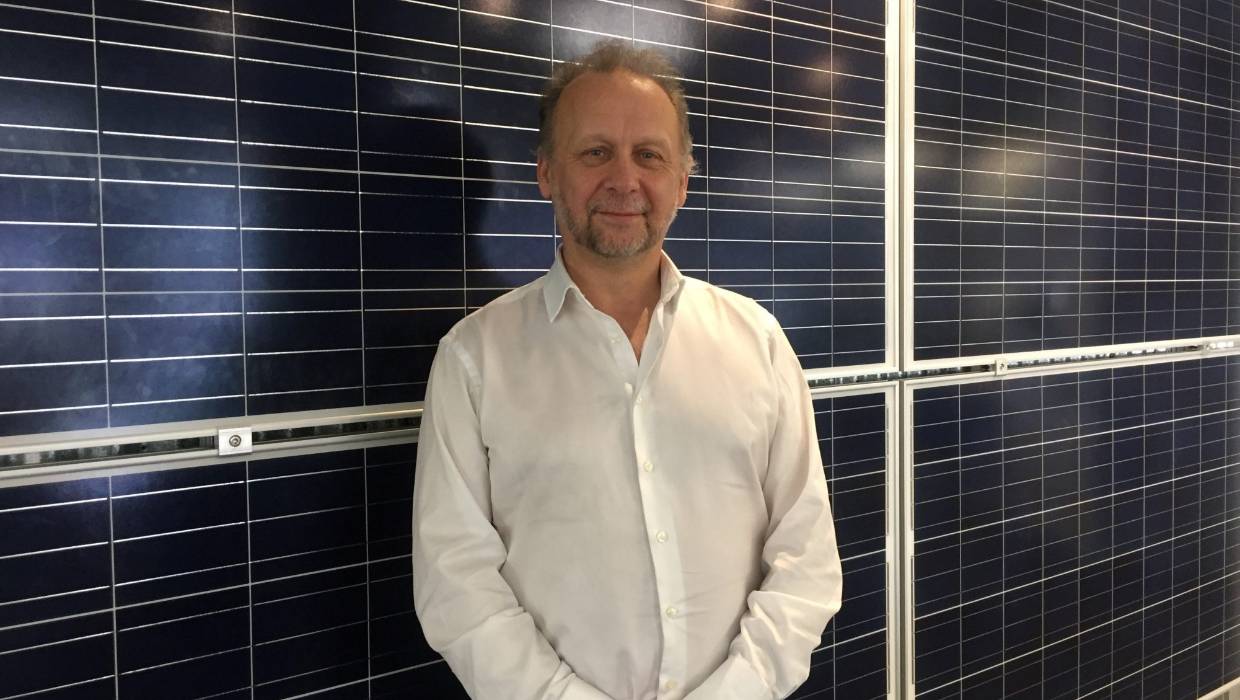
With no upfront fees or maintenance, and the ability for customers to lock in their energy price for a 20 year period, the scheme made switching to solar energy an affordable option for everyday Kiwis, he maintained.
"Power prices have gone up every year for the last 20 years, there's guaranteed to be an increase going forward.
"Obviously there are some qualifications in terms of making sure your house is in the right location, and shading and that sort of stuff.
"If you qualify, there are savings from year one."
While the narrative around solar had always been "really negative", that was changing quite quickly, Cowie said.
"The awareness around sustainability, around solar and the benefits, are certainly a lot stronger than they were even a short while ago."
Last year, the Government agency charged with promoting energy efficiency, said it could take people changing to solar energy as long as 15 years to break even.
Energy Efficiency and Conservation Authority (EECA) chief executive Andrew Caseley said it didn't have information about the specifics of solarZero's smart battery.
But the EECA was "always interested in ongoing discussion about renewable energy", he said.
Cowie said developments like Prime Minister Jacinda Ardern's announcement at the UN in September of the removal of trade tariffs on environmental goods, would help drive down the cost of solar panels further.
"Anything that's going to change people's mind and encourage them to change their habits has definitely got to be a good thing.
"But we certainly need more people that can support the industry in terms of changing the narrative, and talking about it in a context of our carbon zero targets by 2050."
22 November 2019
stuff

